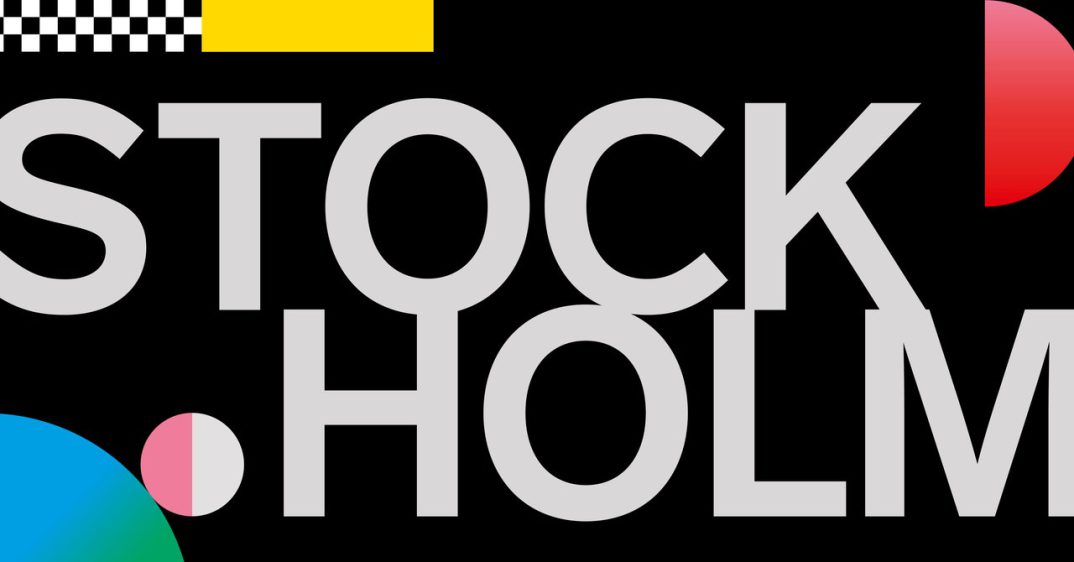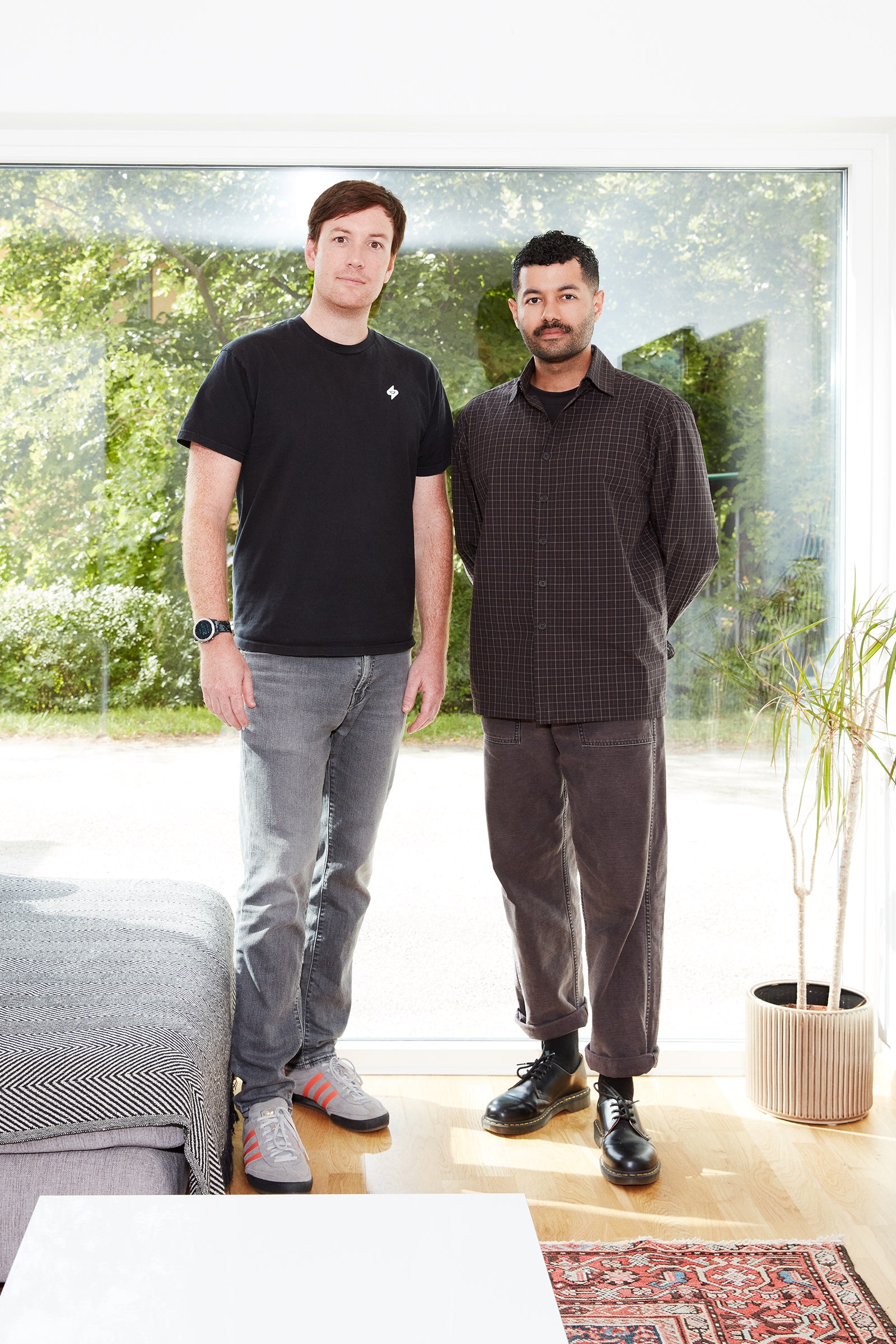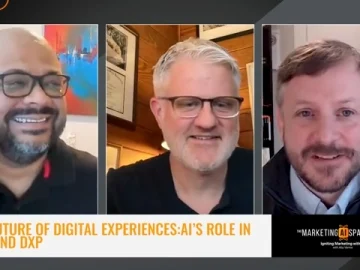Why is Stockholm, a capital city with a population less than one million, home to global brands such as Skype, Spotify, Klarna and Minecraft? “I think it has to do with the Swedish creed,” says Ben Eliass, CEO of bodycare brand Estrid. “It’s a nation which put emphasis on high-quality education and invested heavily in telecoms infrastructure in the nineties, so we all grew up with high-speed internet.”
Many also credit a social welfare system that acts as a “safety net” for entrepreneurship. “It allows people to take high risk and start companies, not needing to be too afraid of the downsides,” says Max Junestrand, CEO of legaltech startup Leya. Indeed, Sweden has now produced more unicorns per capita than any other country in Europe, except for Estonia, earning a reputation as the Silicon Valley of Europe“Stockholm has a truly unique ecosystem where you can stand on the shoulders of giants,” says Colin Treseler, CEO of Supernormal. “They have invested an incredible amount of resources into the talent here, creating a critical mass of engineers, designers and product thinkers that are exceptional at their craft.”
Estrid
Once, at a dinner party, Amanda Westerbom confessed to her friends that she preferred to use men’s razors. Surprisingly, many of her friends also did—not only they offered a better shave but they were also cheaper. With the help of co-founders Alan Aygun and Ben Eliass, Westerbom decided to change that and, in 2019, they launched razor brand Estrid. “We designed the handle ourselves, bought a €500 3D printer from a hardware shop and started iterating,” Ben Eliass, CEO of Estrid, says. “That thing printed hundreds of handles, working day and night. In the end, it almost burned down my house because it was under such strain.” The result is a 5-blade razor with a vegan hydration strip and an ergonomic weighted handle that the company now delivers to over a million subscribers across Europe. “We are dethroning one of the most dominant consumer monopolies of the modern era, becoming a next generation, all-encompassing personal care brand. A next generation Dove if you will.” estrid.com
Atlar
Joel Wägmark, Johannes Elgh, and Joel Nordström met while working at fintech startup Vink, which in 2022 was bought by Visa for $2.2 billion. “We saw firsthand how quickly consumer fintech was changing,” says Nordström. “But the equivalent financial tooling for businesses just did not exist. Finance teams at the vast majority of companies use a mix of Excel, online bank portals, and legacy systems from the eighties and the nineties. It’s a lot of manual work.” Atlar, the bank-to-bank payments platform Wägmark, Elgh, and Nordström launched in 2022, eliminates such complexity by automating payments for businesses with multiple bank accounts across Europe. “We connect directly to traditional banks and provide faster, more UX-friendly tools with which to manage cash, forecast cash flow, and make payments.“ says Nordström. With more than 35 customers across ten countries, including the US, UK, France and Germany, Atlar has raised €13M from investors including Index Ventures and General Catalyst. atlar.com
Leya
Leya has developed a GenAI platform that automates repetitive and manual tasks done by lawyers. “We saw firsthand how lawyers struggled with text and admin-heavy tasks such as filling in templates and extracting information from a large number of documents,” says CEO Max Junestrand. “We want every lawyer to be empowered by AI in their work to accomplish more.” The startup—a Y Combinator alumni—was founded in 2023 by Max Junestrand, August Erseus and Sigge Labor. In July 2024, they announced a $25m series A round, led by US VC Redpoint Ventures, totalling $36m in funds raised. They have over 100 clients in ten markets across Europe, including UK firm Bird & Bird, the largest law firm in the Nordics, Mannheimer Swartling, and Spanish law firm Pérez-Llorca. ”We are focused on solving specific legal tasks,” Junestrand says. “This has differentiated us from the crowd where the focus lies more on providing a platform of general LLM capabilities.” leya.law
Leya’s Sigge Labor, August Erseus, and Max Junestrand.
PHOTOGRAPH: CHRISTOPHER HUNT
Lovable
Anton Osika, founder and CEO of Lovable, is on a mission to create what he calls the “last piece of software”. “We made an AI that builds software,” he says. “We launched Lovable to let everyone have the same capabilities that product development teams at tech companies have at their fingertips.” Lovable’s product, GPT Engineer, allows users to build websites and web apps through a simple chat interface. “Unlike other AI tools that can code, which can take hours to generate results, Lovable gives people instant feedback and allows for rapid iteration,” Osika says. Launched in 2023, the startup currently has more than 2,000 users and a waitlist of 27,000 people from over 154 countries. Lovable has closed a $7.5 million pre-seed funding round led by VCs Hummingbird and by Founders. Also backed by investors including Mattias Miksche, Shopify’s Siavash Ghorbani, Voi’s Fredrik Hjelm, and Creandum co-founder Stefan Lindeberg. “One user built a real-time dashboard for financial data, just by prompting,” Osika says. “She decided to quit her job to build startups with AI tools instead.” lovable.dev
H2 Green Steel
In January 2024, cleantech startup H2 Green Steel raised €4.75 billion to complete its flagship project in Boden, a city in north Sweden: the world’s first large-scale green steel plant. Due to its reliance on coal, standard steel production is responsible for up to 9 percent of global carbon dioxide emissions. Founded in 2020, H2 Green Steel aims to decarbonize steelmaking by using hydrogen gas, which produces water vapor rather than carbon dioxide. The Boden plant is due to begin iron production by 2026, and expects to supply about 5 million tonnes of the metal by 2030. Clients include automakers BMW, Porsche and Volvo. h2greensteel.com
Supernormal
Fabian Perez and Colin Treseler spent weeks brainstorming ideas before they conceived their startup Supernormal. “Technology should give super powers to knowledge workers,” Treseler says. “We drew inspiration from our previous teams at GitHub and Meta, where one of the core work principles was that if a meeting wasn’t documented, it didn’t exist.” Supernormal helps workers before, during, and after meetings, with tools ranging from automatic note-taking creating and sharing detailed agendas and insights from meetings. More than 325,000 clients use the software, including Red Hat, Motorola, Harvard University, Salesforce, Power Digital, and Forbes. They’ve raised a $10m seed round led by Balderton Capital. supernormal.com
Supernormal founders Colin Treseler and Fabian Perez.
PHOTOGRAPH: CHRISTOPHER HUNT
Fever Energy
Fever Energy develops virtual power plants (VVP)—pools of distributed energy resources, like solar panels or batteries, that can be used to send energy to the power grid. “A VVP is just like a traditional power plant,” says Ruben Flam, CEO of Fever Energy. “A great example would be a fleet of electric vehicles that can discharge energy back to the power grid.” Founded by 2022 by Flam, Klas Johansson and Ron Stolero, in February 2024, it raised a €10m seed round led by General Catalyst with the participation of Norrsken VC and La Famiglia. The startup can’t disclose clients’ names, but claims they are already working with large utility companies and EV manufacturers. fever.energy
Neko Health
Since its launch in 2023, nearly 5,000 people have visited Neko’s health center in Stockholm. Inside the clinic, they underwent a $230 non-invasive full-body scan in less than an hour that checked for signs of potential skin, metabolic and cardiovascular diseases. According to the company, the scans identified potentially serious conditions in one percent of that cohort, including aortic aneurysms, severe diabetes and skin cancer. Launched by Spotify founder Daniel Ek and Hjalmar Nilsonne, the healthtech startup has raised €60 million from investors that include Atomico, General Catalyst, and Lakestar. A new Neko health center in London will be opening soon. nekohealth.com
Evroc
Founded in 2022 by Mattias Åström, Andreas Birnik, and Andreas Jönsson, Evroc launched out of stealth in 2023 with €13 million in funding from backers such as EQT Ventures and Norrsken VC. In August 2024, it raised a further €42 million. The mission? To build a sustainable hyperscale cloud in Europe. “Europe has unfortunately fallen behind in cloud services and American players currently control more than 80 percent of the total cloud market,” says Åström. “We’re founded evroc to put an end to this foreign dominance.” Construction of their flagship data center in Arlandastad will start at the end of 2024. “We will also look for suitable locations for our own data centers in France and Germany,” says Åström. “By 2030, we expect to have a network of 10 hyperscale data centers across Europe.” evroc.com
PaperShell
In May 2024, Italian furniture designer Arper launched a new edition of the office chair Catifa 53. The original was made with leather, metal and plastic; the new version uses, instead, a sustainable composite biomaterial manufactured from kraft paper and resins, which is as strong as a fiber composite and as weather-resistant as plastic. This wood substitute was invented by PaperShell, a company launched in 2021 by Anders Breitholtz and Mathieu Gustafsson. The material is not only completely fossil free but can also, at the end of its life cycle, be converted into biochar. The company has raised €13.3 million. papershell.se
This article first appeared in the November/December 2024 edition of WIRED UK.





